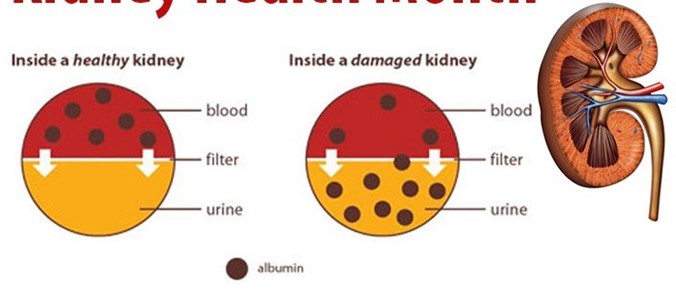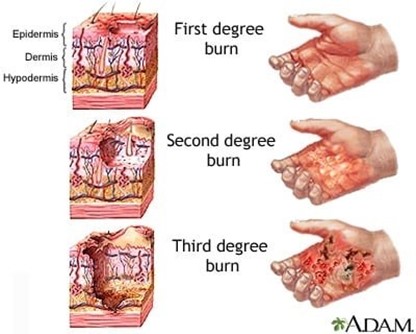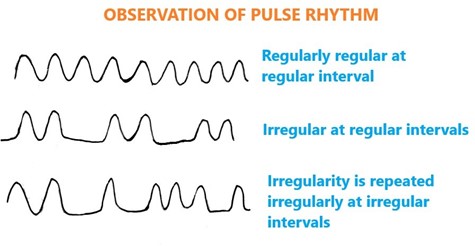The practical nurse (PN) is caring for a toddler during a follow-up visit after corticosteroid treatment for minimal change nephrotic syndrome (MCNS). Which finding should the PN recognize as an early sign of relapse?
Increased thirst.
Tachypnea.
Albuminuria.
Rounded face.
The Correct Answer is C
Albuminuria, or the presence of albumin in the urine, is an early sign of relapse in a toddler with minimal change nephrotic syndrome (MCNS) who has been treated with corticosteroids. MCNS is a kidney disorder that can cause the body to excrete too much protein in the urine, leading to albuminuria. The practical nurse should recognize this finding as an early sign of relapse and take appropriate action to manage the child's condition.
The other answers are incorrect because they are not directly related to the early signs of relapse in a toddler with minimal change nephrotic syndrome (MCNS) who has been treated with corticosteroids.
- Increased thirst is not a known early sign of relapse in MCNS.
- Tachypnea, or rapid breathing, is not a known early sign of relapse in MCNS.
- A rounded face can be a side effect of corticosteroid treatment, but it is not an early sign of relapse in MCNS.

Nursing Test Bank
Naxlex Comprehensive Predictor Exams
Related Questions
Correct Answer is B
Explanation
The priority action for the practical nurse (PN) to take while caring for a client that has just arrived in the emergency department with 2nd degree thermal burns to the right thigh, lower leg and foot, and reports severe pain in the right leg is to remove clothing and cover the burned area with a cool damp cloth. This will help to cool the burn and reduce pain.
Anticipating rehydration of 1000 mL/6 hr. with normal saline (Option A) is an important intervention for burn patients, but it is not the first priority. Completely flushing the burned area with water or sterile saline (Option C) may be appropriate in some cases, but it is not the first intervention that should be implemented. Collecting data such as vital signs, blood gases, height and weight (Option D) is also important, but it is not the first priority.

Correct Answer is B
Explanation
This finding may indicate a potential cardiac issue that needs immediate medical atention. Projectile vomiting and excessive hunger in a young infant may be signs of pyloric stenosis, a condition in which the muscle between the stomach and small intestine thickens, making it difficult for food to pass through.
Hyperactive gastric sounds may be present with vomiting, but it is not an immediate concern.
Crying without tears may be a sign of dehydration, but it is not an immediate concern.
Underweight for age is a concern but it is not a finding that requires immediate intervention.


Whether you are a student looking to ace your exams or a practicing nurse seeking to enhance your expertise , our nursing education contents will empower you with the confidence and competence to make a difference in the lives of patients and become a respected leader in the healthcare field.
Visit Naxlex, invest in your future and unlock endless possibilities with our unparalleled nursing education contents today
Report Wrong Answer on the Current Question
Do you disagree with the answer? If yes, what is your expected answer? Explain.
Kindly be descriptive with the issue you are facing.
